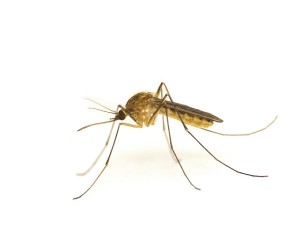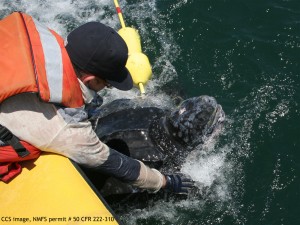 HYANNIS – Mosquito activity on Cape Cod is set to increase as the weather continues to warm and many locals are curious if the insects can transmit the coronavirus.
HYANNIS – Mosquito activity on Cape Cod is set to increase as the weather continues to warm and many locals are curious if the insects can transmit the coronavirus.
“There are mosquitoes out there but no they cannot transmit COVID-19,” said Superintendent and Entomologist for the Cape Cod Mosquito Control Project, Gabrielle Sakolsky.
“Diseases have to evolve to be transmitted that way. Should a mosquito take up the blood of somebody who is infected with a disease that hasn’t evolved in a way to get out of the gut, it just gets digested with the rest of the blood that the mosquito has taken up so no, there’s no way.”
If a mosquito bites someone infected with COVID-19 and then gets swatted on someone who does not have the virus, transmission of it is a “long shot”, according to Sakolsky.
“As far as I know, there’s no way for them to transmit it,” she said.
Though the insects cannot transmit COVID-19, they still can carry Eastern Equine Encephalitis.
Cape Cod and much of Massachusetts was hit by a wave of EEE last year with several human cases reported, including three deaths.
Bourne, Falmouth, Mashpee, Truro, and Wellfleet were communities on Cape Cod which saw a moderate EEE risk last summer and fall. The risk was higher for Southeastern Mass communities north and west of the Cape Cod Canal.
Sakolsky said that she expects to see the insects this summer as the fall, winter, and early spring were warm and wet, which leads to a greater number of mosquitoes.
She added that currently the state is in a three year cycle of seeing EEE cases.
“The Department of Public Health’s records show that this is usually a three year cycle, so I would say we are in the second year of a three year cycle,” said Sakolsky.
“I would expect to see mosquitoes testing positive for EEE this summer unfortunately.”
Outbreaks of EEE usually occur in Massachusetts every 10-20 years. Prior to 2019, the most recent outbreak of EEE in the state began in 2010 and included nine cases with four fatalities through 2012.
EEE however remains a very rare disease.
Since the virus was first identified in Massachusetts in the late 1930’s, fewer than 100 cases have occurred.
Over 60 percent of those cases have been from Plymouth and Norfolk counties.
Sakolsky said the Cape Cod Mosquito Control Project is out working to try and limit the amount of mosquitoes on the Cape.
She noted that many people are starting to see midges (any small fly that is not a mosquito), but said they pose no harm and do not bite.
Members of the Cape Cod Mosquito Control Project are mindful of the COVID-19 pandemic and are taking precautions.
Sakolsky asked people to not approach control project staff members while they are working so that they can continue to practice safe social distancing.
























